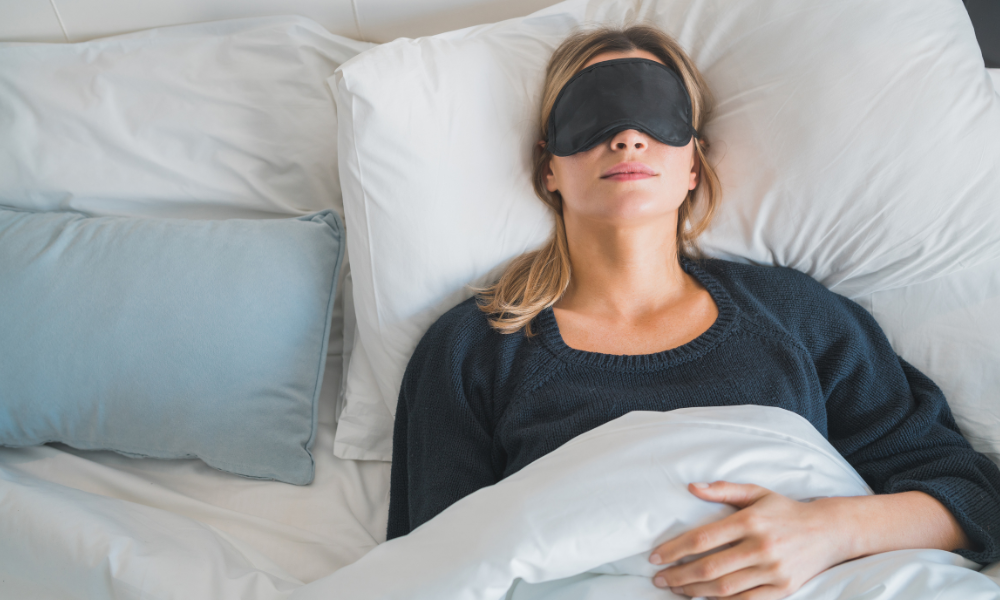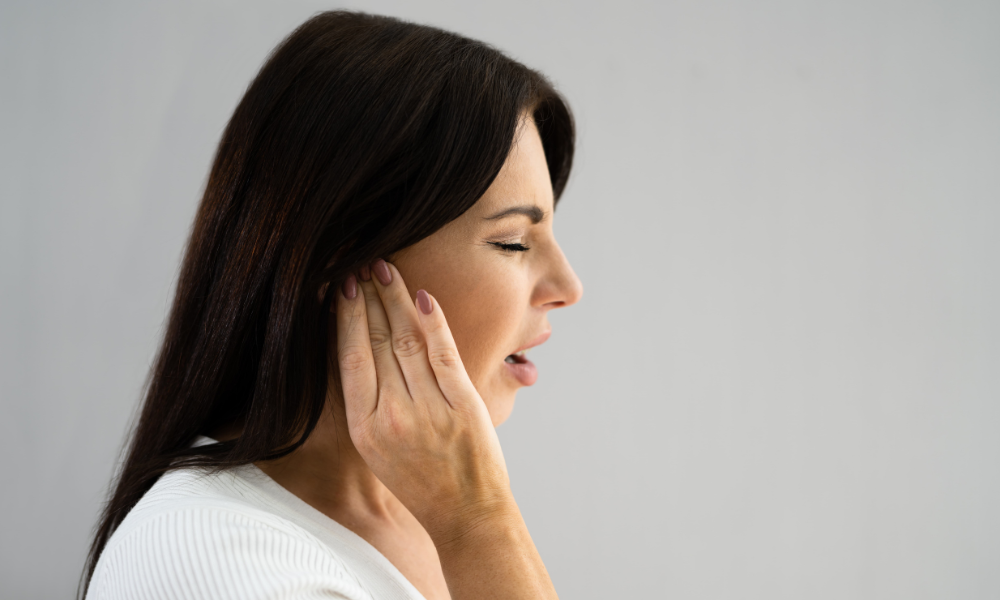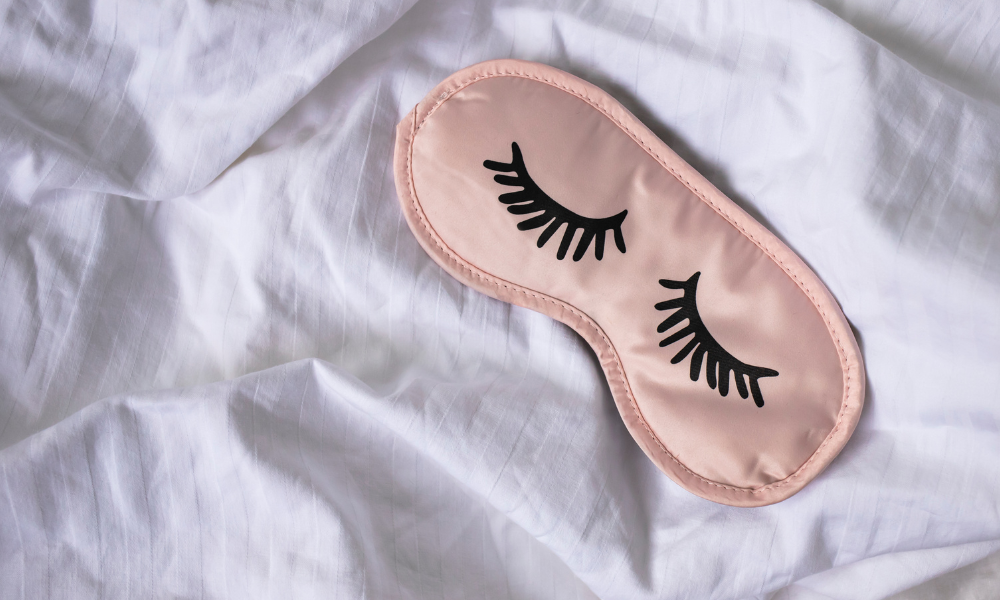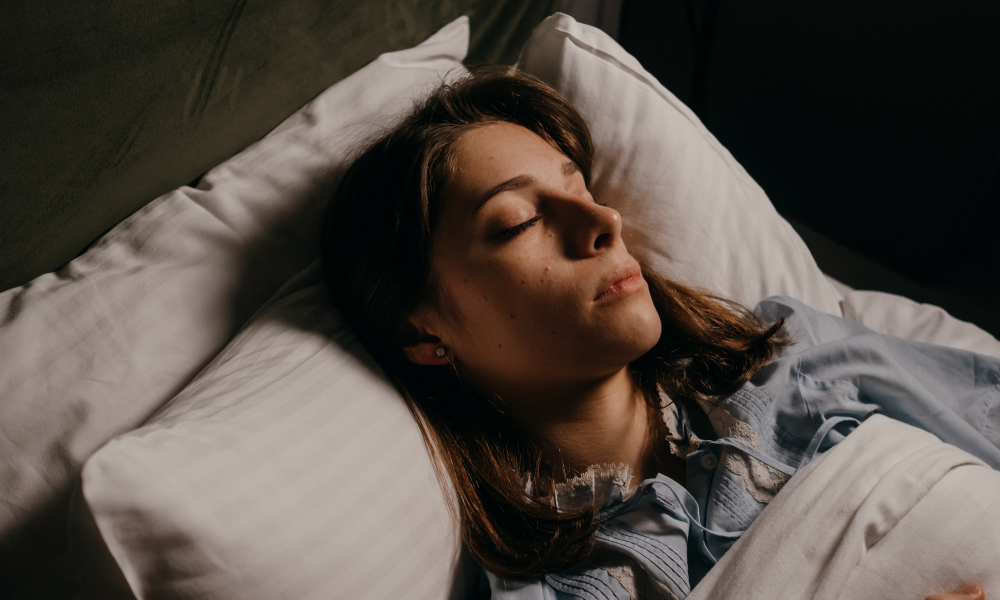
Introduction:
Orofacial pain conditions, such as temporomandibular joint disorders (TMD/TMJ), myofascial pain, atypical tooth pain, trigeminal nerve disorders, and neurovascular and neuropathic pain, can significantly impact an individual's quality of life. Effective management of these conditions requires a comprehensive approach that includes medical care, stress management, physical therapy, and proper nutrition. Another often overlooked aspect of orofacial pain management is addressing sleep disorders that can be interrelated with such conditions.
Sleep disorders, including sleep apnea, insomnia, and restless leg syndrome, can exacerbate orofacial pain conditions and hinder the effectiveness of traditional treatment plans. In this article, we will explore the connection between sleep disorders and orofacial pain conditions and discuss various strategies and solutions for better sleep. By understanding the role of sleep in the context of orofacial pain management, individuals can make informed decisions about their treatment plans and work towards improved sleep quality, reduced pain, and greater overall health and well-being.
1. Understanding the Connection between Sleep Disorders and Orofacial Pain
Sleep disorders, such as sleep apnea and insomnia, often coexist with orofacial pain conditions. For instance, individuals with TMD/TMJ disorders may experience disrupted sleep due to jaw clenching and grinding (bruxism) during the night, which can exacerbate pain and lead to further sleep disturbances. Additionally, poor sleep quality can increase an individual's sensitivity to pain, making it more difficult to manage orofacial pain conditions. Understanding the connection between sleep disorders and orofacial pain is essential to developing an effective, comprehensive treatment plan.
2. Identifying Common Sleep Disorders in Orofacial Pain Patients
When addressing sleep disorders in orofacial pain patients, it's important to identify the specific sleep disturbances they are experiencing. Some common sleep disorders associated with orofacial pain conditions include:
- Sleep Apnea: A sleep disorder characterized by interrupted breathing during sleep, which can lead to poor sleep quality and increased pain sensitivity.
- Insomnia: Difficulty falling and/or staying asleep, which can exacerbate pain conditions and disrupt overall well-being.
- Bruxism: Nighttime teeth clenching and grinding, which can worsen TMD/TMJ symptoms and contribute to sleep disruptions.
By identifying the specific sleep disorders affecting an individual's quality of sleep, healthcare providers can develop targeted treatment plans to address these issues in conjunction with orofacial pain management.
3. Strategies and Solutions for Improving Sleep Quality
There are numerous strategies that individuals suffering from orofacial pain and sleep disorders can use to help improve their sleep quality, including:
- Establishing a Consistent Sleep Schedule: Going to bed and waking up at the same time each day can help regulate the body's internal clock and promote better sleep.
- Creating a Sleep-Friendly Environment: Making the bedroom cool, dark, and quiet can contribute to improved sleep quality.
- Incorporating Relaxation Techniques: Practices such as meditation, deep breathing, or progressive muscle relaxation can help calm the mind and body, making it easier to fall asleep.
- Limiting Exposure to Screens and Electronic Devices before Bed: The blue light emitted by TVs, smartphones, and computers can interfere with the body's natural production of melatonin, a hormone that helps regulate sleep.
4. Collaborating with Healthcare Providers to Address Sleep Disorders
To effectively address sleep disorders in the context of orofacial pain management, it's essential to collaborate with healthcare providers, such as Dr. Bloxham at Columbia TMJ and Pain, to develop a comprehensive treatment plan. This may involve a combination of medical interventions, such as medications or oral appliances for sleep apnea and bruxism, along with behavioral strategies and lifestyle changes for improved sleep.
Conclusion
Addressing sleep disorders is a vital component of orofacial pain management, as better sleep quality can help reduce pain and improve overall health and well-being. By understanding the connection between sleep disorders and orofacial pain conditions, identifying specific sleep disturbances, implementing strategies for improved sleep, and working closely with healthcare providers, individuals suffering from orofacial pain can optimize their treatment outcomes and enhance their overall quality of life.
At Columbia TMJ and Pain, Dr. Bloxham acknowledges the importance of identifying and managing sleep disorders in conjunction with orofacial pain conditions. By incorporating effective strategies and solutions to improve sleep quality, individuals suffering from orofacial pain can enhance their overall well-being and support their pain management efforts. Contact our sleep center in Richland, WA, and schedule an appointment today.











